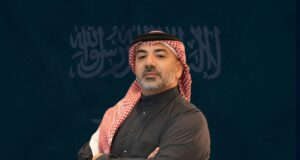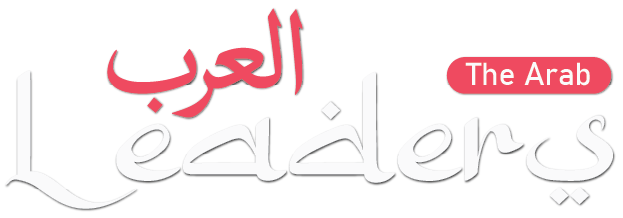In 2025, the Arab world is undergoing a revolutionary transformation in the education sector. From AI-powered classrooms to public-private partnerships in digital learning, countries like the UAE, Saudi Arabia, and Qatar are investing heavily in future-ready education models.
UAE: A Regional Hub for EdTech Innovation
The UAE continues to lead the region with bold initiatives in hybrid learning, coding academies, and AI-based education platforms. The Ministry of Education has partnered with global tech firms to roll out personalized learning systems in public schools, while Abu Dhabi’s Hub71 is incubating EdTech startups focused on language AI, STEM gamification, and VR classrooms.

Dubai’s Knowledge and Human Development Authority (KHDA) also launched the Learning Block Initiative, promoting creativity and emotional intelligence alongside academics in private schools.
Saudi Arabia: Vision 2030 and Human Capital Development
Under Vision 2030, Saudi Arabia is revamping its entire education framework. With the launch of the Human Capability Development Program, over 1,000 schools have adopted AI-based adaptive learning.
Additionally, the Kingdom has launched over 50 international university partnerships, and institutions like KAUST and King Saud University are spearheading research in quantum computing, robotics, and green tech.

The government also introduced Digital School Networks to support students in remote regions, increasing accessibility to high-quality content.
Qatar: Investing in Global Academic Leadership
Qatar Foundation and Education City continue to attract top-tier international universities and foster R&D programs.
In 2025, Qatar National Research Fund has launched a new $300M initiative to support climate education, AI in healthcare, and data ethics.
Meanwhile, blended learning is now standard across Qatar’s secondary and tertiary institutions — with an emphasis on multilingual instruction and cross-cultural exchange.

Key Trends in Arab Education (2025)
AI & Adaptive Learning: Custom content delivery using machine learning
STEAM Curriculum: Science, Tech, Engineering, Arts & Math integrated into national frameworks
Remote Learning Standardization: Hybrid models have become the norm
Focus on Soft Skills: Critical thinking, collaboration, and digital ethics now core competencies
Conclusion
The Arab world is not just reforming education, it’s reimagining it. By blending tradition with innovation, and access with excellence, the region is preparing a generation of learners equipped to lead in a digital-first, globally connected world.






